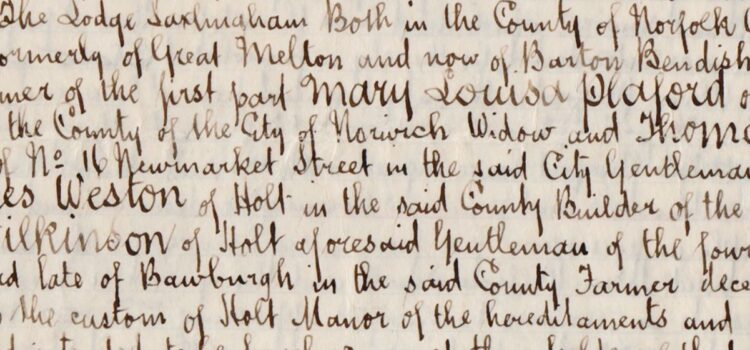How does does the federal revenue collection power impact the state tax burden? What does Federalist Paper 36 say about the state tax burden? State tax burden is a term that captures the amount of the nation’s taxes collected that are shouldered by a state. It can also refer to the tax burden of an individual residing in a given state. Read more about the state tax burden and Federalist Paper 36.
State Tax Burden: Fair Revenue Collection










